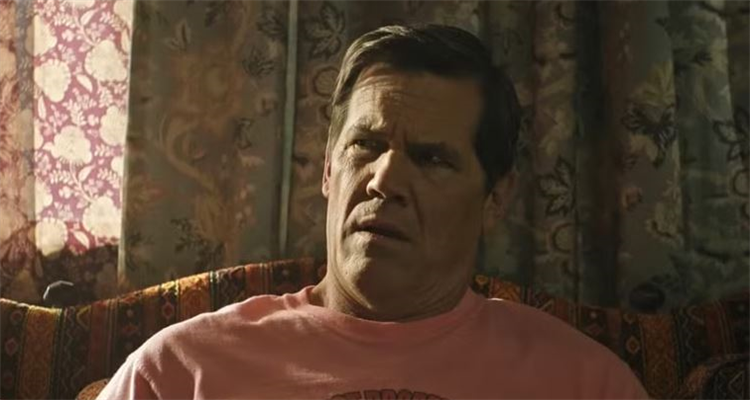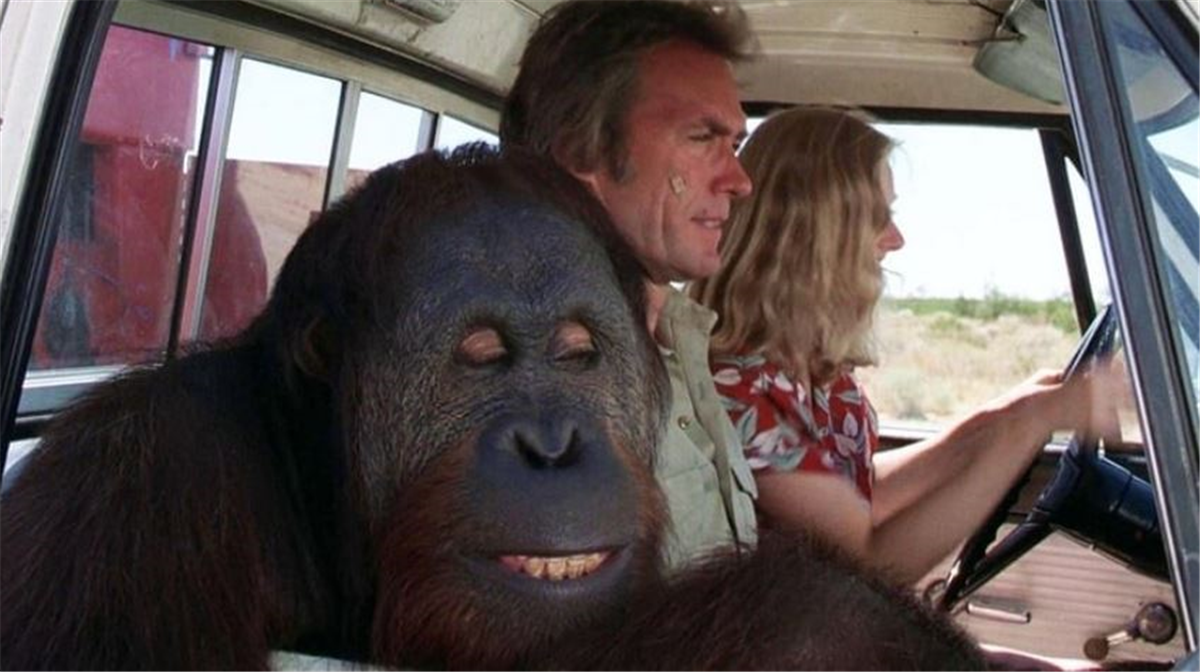Brothers offers a dark flipside to one of Clint Eastwood’s most profitable movies. Brothers appears to be heavily inspired by the Arnold Schwarzenegger/Danny DeVito joint Twins, where the mismatched stars played identical twins. While not an official remake by any stretch, Brothers riffs on Twins in several ways. This includes the main characters going on a road trip that involves meeting their mother, while also being stalked by a relentless criminal trying to acquire an item they’re holding onto.
This even extends to Brothers’ ending sequence, where the twins are chased around by the movie’s villain (played by Brendan Fraser) with a shotgun. The key difference between the two, however, is tone. Twins is a goofy comedy fit for the whole family, while Brothers is littered with pitch-black comedy throughout. The cast of Brothers 2024 – including leads Josh Brolin and Peter Dinklage – are having a great time reveling in the griminess of the screenplay, even though there is some warmth underneath all the bad taste gags.
Brothers’ Creepiest Scene Homages Clint Eastwood’s Every Which Way But Loose
Brothers’ orangutan setpiece was designed to gross people out
One of the key sequences Brothers’ trailer showed off involved Josh Brolin’s Moke being pursued by an amorous orangutan. What the preview didn’t show was what happens between the pair, which in the final movie involves Samuel the Orangutan using Moke’s hand for a most distasteful act. It is a sequence that feels right out of the bad taste comedies that followed in the wake of American Pie, and one that people who watch the film are unlikely to forget in a hurry.
The scene with Samuel in Brothers is a super dark twist on Clyde and the whole idea of a comic relief orangutan.

This Brothers’ scene calls to mind Clint Eastwood’s Every Which Way but Loose too. This bizarre 1978 comedy received poor reviews upon release (it currently stands at 48% on Rotten Tomatoes) but was a shock box office success. Eastwood himself recalled people advising him against making the movie, where he plays a bare-knuckle boxer whose best friend is an orangutan named Clyde. The film mines practically all its humor from Clyde, be it the way he drinks beer alongside Eastwood’s Philo or how he flips people off.
The scene with Samuel in Brothers is a super dark twist on Clyde and the whole idea of a comic relief orangutan. Brolin’s Moke is initially charmed by Samuel’s antics like smoking weed, but in keeping with the Amazon comedy’s willingness to get dark, the scene takes an unsettling turn. Needless to say, Clint’s Every Which Way but Loose didn’t feel the need to go in such a bleak direction.
Every Which Way But Loose Is Still Clint Eastwood’s Most Successful Movie
The Every Which Way… series is Clint’s most unlikely franchise
Looking back on Clint’s career as an actor and director, he has been surprisingly open to taking risks. Be it less commercial projects like Honkytonk Man or White Hunter Black Heart, to starring in a soppy romance like The Bridges of Madison County, Eastwood has taken a few gambles with his screen image. Another of Eastwood’s big risks was Every Which Way but Loose, a film nobody believed would work, only to become one of the biggest releases of 1978 when it arrived.
In fact, Every Which Way but Loose is Clint’s most successful movie. It grossed $104 million (via The Numbers), which amounts to around $500 million in 2024. It was such a hit, that Eastwood and Clyde quickly returned for the sequel Any Which Way You Can. The follow-up was another hit – though it grossed notably less than its predecessor – and out of Clint Eastwood’s franchises, the Every Which Way… duology is easily the strangest.
Brothers’ Orangutan Sequence Subverts Every Which Way But Loose’s Entire Premise
No, orangutans don’t make for great pets

The reason Moke ends up in such a sticky situation with Samuel is because his brother is visiting Bethesda (Marisa Tomei), a hippy he was corresponding with while in prison. Bethesda keeps Samuel as her pet/roommate, despite the orangutan’s tendency to get overexcited. Now, part of Every Which Way but Loose’s success during the 1970s was due to the novelty of Clint interacting with Clyde, and seeing the orangutan acting in such a human manner.
Of course, the reality of keeping an orangutan as a pet would be far less wacky and lighthearted. In that sense, Brothers really flips Every Which Way but Loose’s concept on its head, underling that making an orangutan a pet is a terrible idea all around. It still works out in Beshesda’s favor later in the story when Sammy saves her from Brendan Fraser’s Farful – with the movie implying that Farful’s encounter was no less distressing than Moke’s.
The concept of keeping an orangutan as a pet isn’t a funny gimmick to audiences anymore, with Amazon’s Brothers deciding that dark laughs are the only way to make it work.
While there was talk of an Every Which Way but Loose remake during the 2010s, Brothers shows why that is unlikely. Keeping an orangutan as a pet isn’t a funny gimmick to audiences anymore, with Amazon’s comedy deciding that dark laughs are the only way to make it work. It’s certainly the most memorable scene of Brothers, though in keeping with the movie’s issues, it’s not as funny as it should be.
